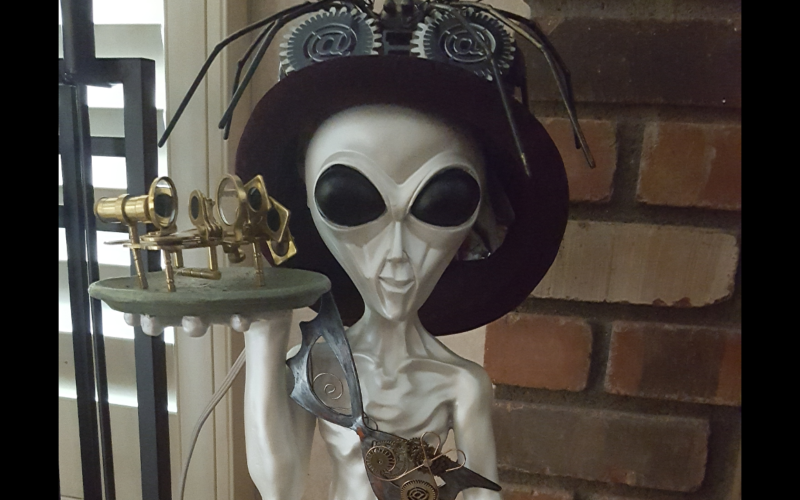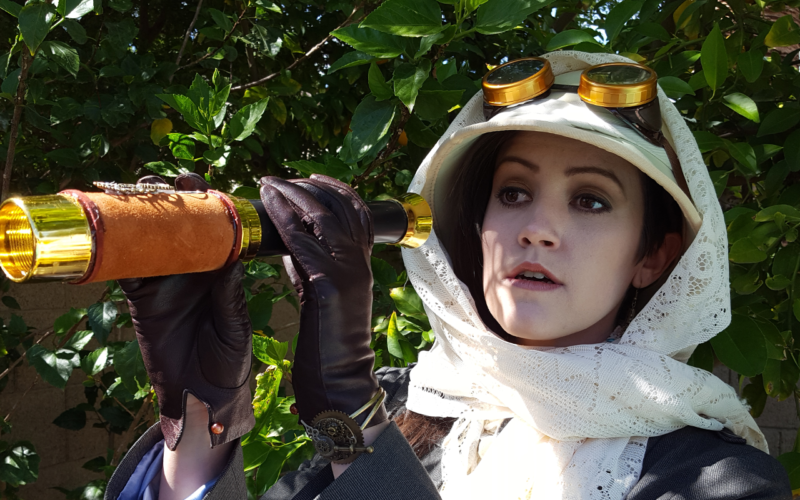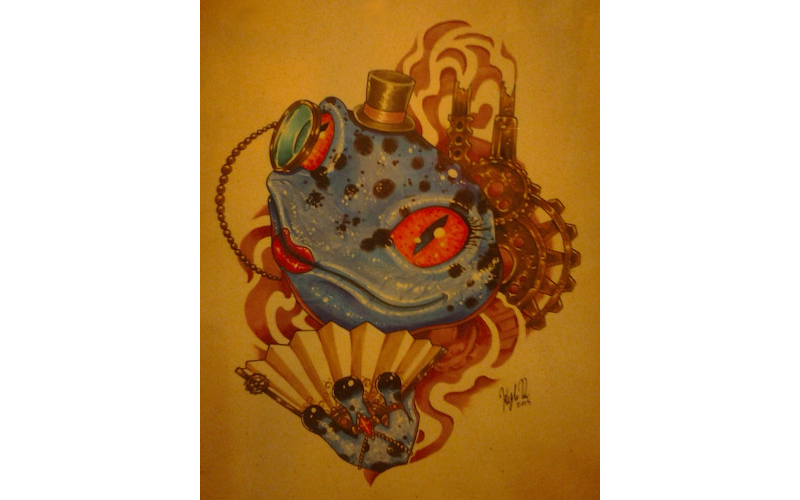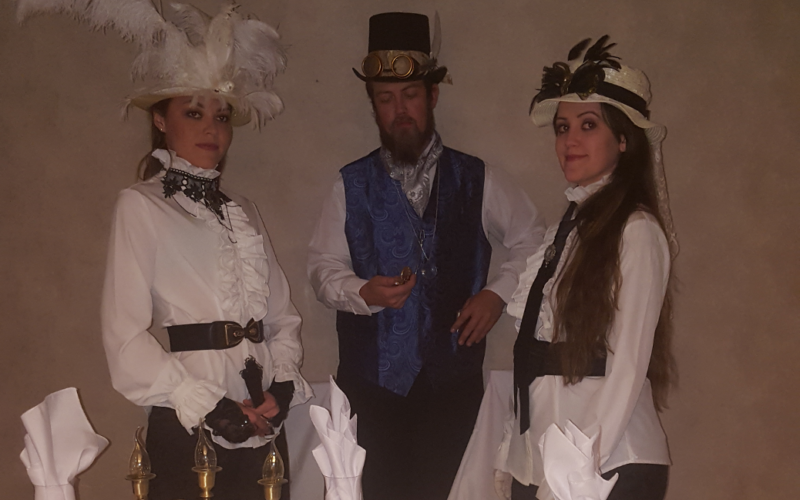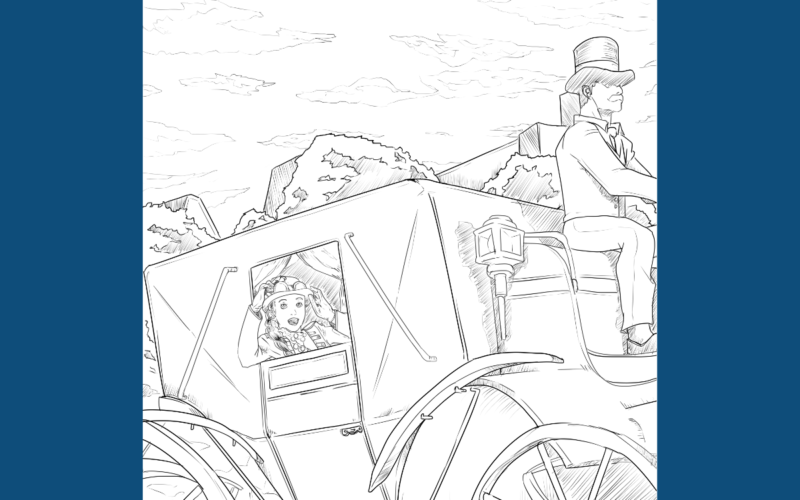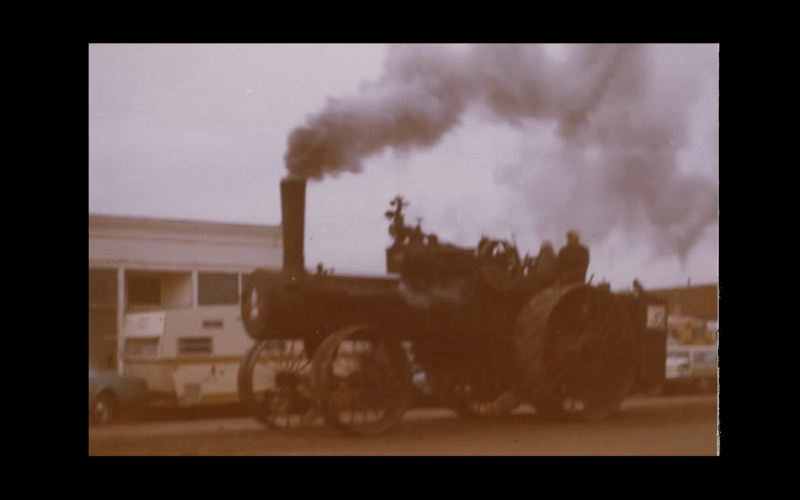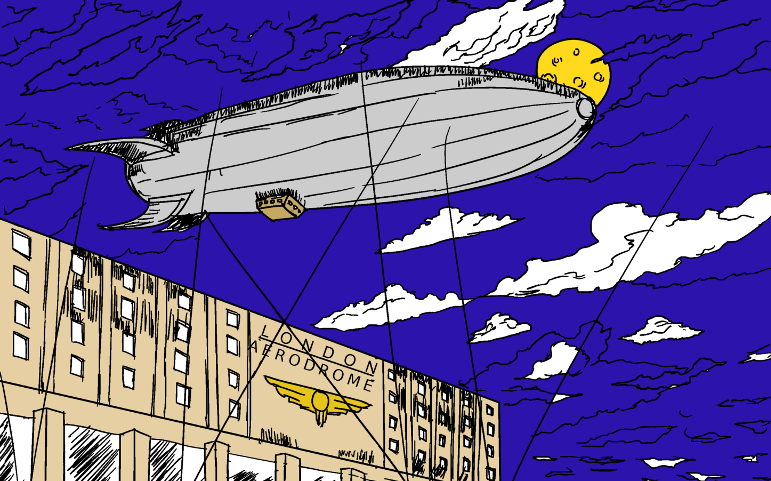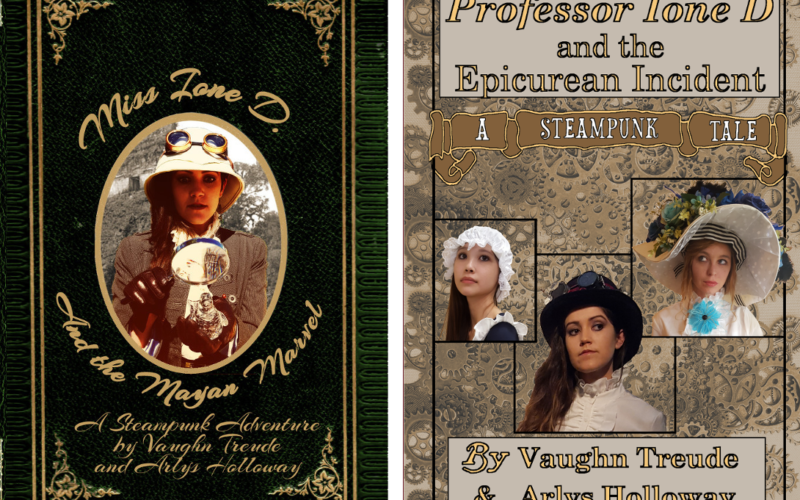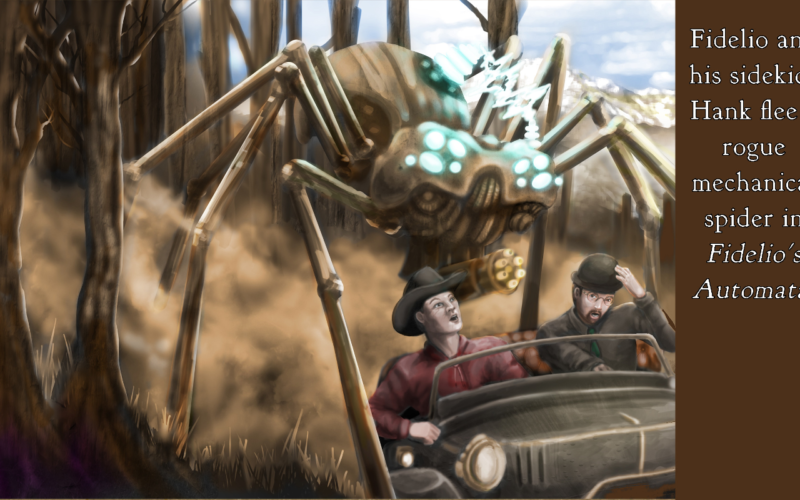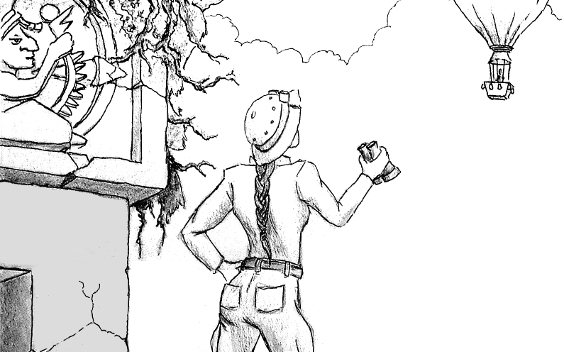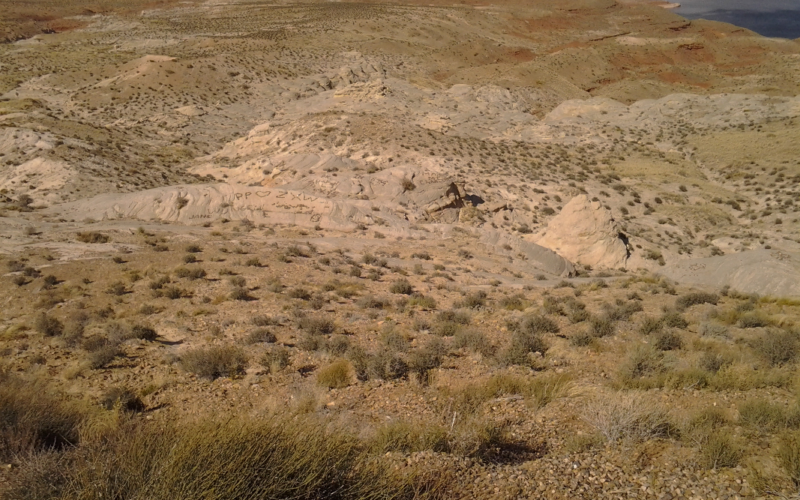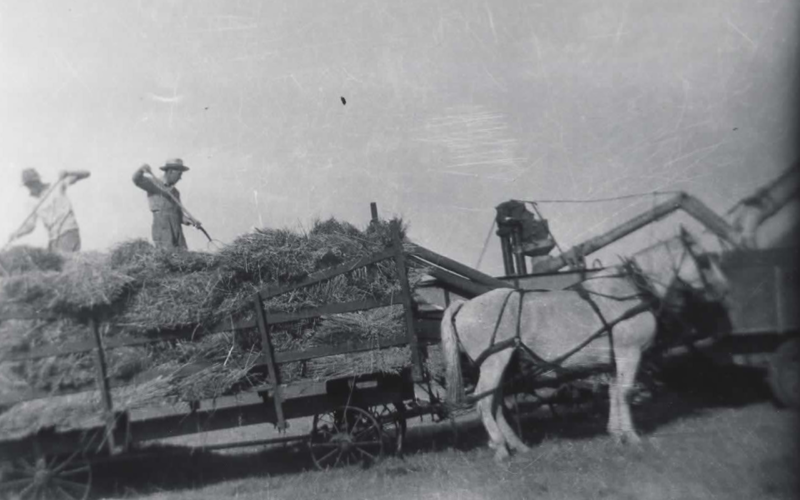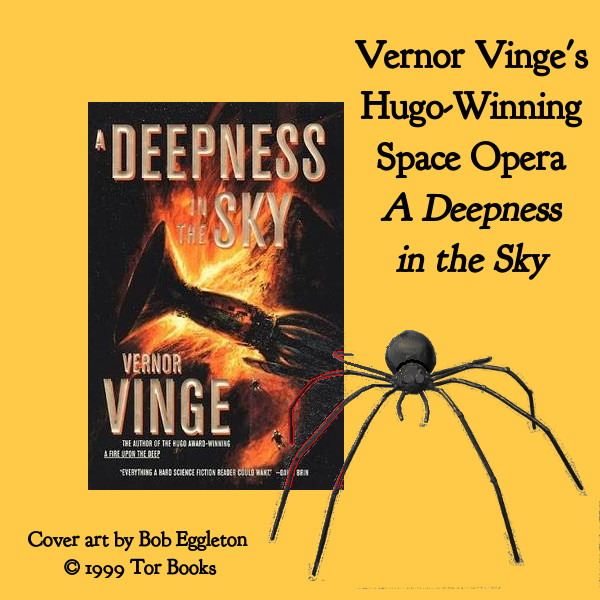
I almost never reread a book, no matter how much I like it, because I always have new ones on my list. Recently, however, the popularity of audiobooks has made it easier to revisit them. In May I listened to Neal Stephenson’s The Diamond Age and found it to be even better than I remembered it. This month I got another favorite, A Deepness in the Sky by Vernor Vinge (vin-jee.) When I read it 20 years ago I found it to be both ingenious and inspiring. Would I like it as much today?
The most significant thing I’d forgotten about A Deepness in the Sky is its length. The audiobook is 28 hours long! Not that it’s a bad thing, because the story is interesting throughout, but it takes a while to get to the meat of the story. It takes place many centuries in the future when humans have settled hundreds of worlds throughout this region of the galaxy. Vinge’s predictions or on the conservative side. Humans have never achieved faster than light travel and have encountered only a handful of other intelligent races, none of them space-faring. Computers have not become godlike nor have they rendered humans obsolete. Instead, progress has been cyclical, with dozens of great civilizations achieving techno-utopia and then falling into barbarism. Against this backdrop is the space-faring merchant clan Qeng Ho (Cheng Ho), named for the 15th Century Chinese explorer Zheng He. These traders roam the galaxy in huge ships at a fraction of lightspeed, extending their lives by advanced medicine and spending large years in coldsleep. Qeng Ho culture was the brainchild of its founder Pham Nuwen. He initiated the broadcast of technical and cultural information throughout the galaxy in order to extend civilization and create customers for themselves. Think of it as a libertarian version of Asimov’s Foundation.
The real action in Deepness begins as a Qeng Ho expedition arrives at On-Off, a star that shines a normal sun for 35 years and “turns off” for 215 years in an unchanging cycle. Its sole planet Arachna is home to a civilization of giant intelligent spiders. Life has evolved to find refuge buried in the soil (which the spiders call a “deepness”) where creatures hibernate through the long freeze.
As the explorers arrive, On-Off is about to awaken, and with it its spider denizens, whom the Qeng Ho intend to contact for peaceful exchange. Here they meet a rival expedition: The Emergents, a human society governed by a high-tech form of totalitarianism. The Emergents scheme to betray the Qeng Ho in order to enslave them and conquer the spider world. The ensuing battle between these forces damages their ships and strands them all in the On-Off system, light years from the nearest technological civilization.
Like Martin’s Game of Thrones, Deepness is a sprawling epic featuring dozens of interesting characters. These include Ezr Vinh, a young Qeng Ho aristocrat thrust into leadership before he’s ready. There are a number of well-developed female characters including Ezr’s friend Kiwi Lisolette, a strong-willed and brilliant young engineer. The enemy leader Tomas Nau uses Emergent techniques to brainwash Kiwi and make her his lover. After a time she always realizes Nau is up to no good, causing him to wipe her memories again and again. Somehow we believe she’ll prevail in the end.
The most memorable characters are among the Spiders, whom the humans are secretly monitoring. My favorite was the absent-minded inventor Shirker Underhill, an arachnid with ideas as brilliant as Tesla’s with an organization as effective as Edison’s. He marries the renegade general Victory Smith and makes plans to allow his people to stay awake through The Great Dark, heating the spider cities using nuclear power. Underhill’s schemes provoke the rage of traditionalists and fear from his nation’s rival. He and his family face mortal dangers as a consequence. Meanwhile, the Emergents watch and wait for the spiders to achieve a sufficient level of technology to allow them to repair their damaged spaceships.
I can’t say more without giving away too much of the story. Suffice it to say that I found the book just as gripping the second time, even though I already knew the ending.
If the book has any flaws it’s that some parts can go on a bit too long. That would include the prologue as the Qeng Ho recruit for their expedition on the world of Triland, and some of the flashbacks involving Pham Nuwen and the milestones of Qeng Ho history. But these are only problems because I was anxious to return to the main storyline. Unsurprisingly, the book won several awards: a Hugo, a Campbell, and a Prometheus, all in the year 2000.
My conclusion: I enjoyed “A Deepness in the Sky” just as much the second time around. If you’re a fan of hard science fiction, I can’t recommend it highly enough. It’s full of deep issues like Asimov’s Foundation but with much better characters. My rating: five out of five gears.

